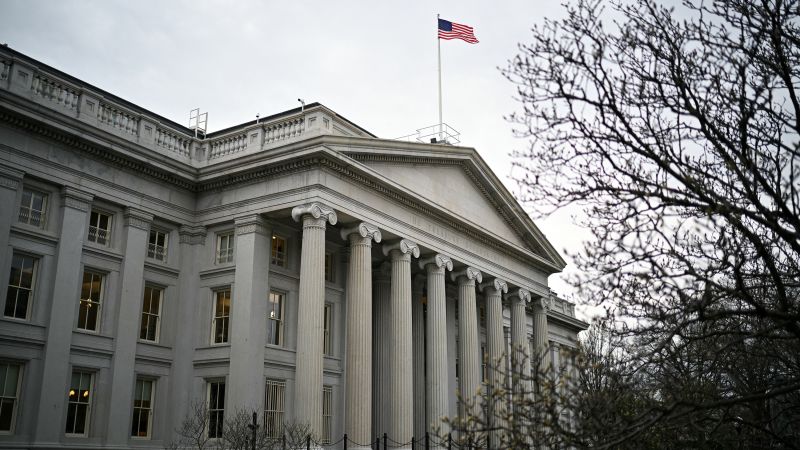Sunday marks one month since members of the International Association of Machinists began their strike against Boeing. The cost: nearly $5 billion, according to a new analysis by Anderson Economic Group, shared exclusively with CNN.
That multi-billion-dollar tab highlights the difficulties facing the aircraft maker, once a byword for American quality. Instead, it has faced a string of bad news in recent years, from fatal crashes to increased regulatory scrutiny to the strike by 33,000 workers that started on September 13 that ground operations to a near halt.
Boeing’s workers and shareholders make up the bulk of the strike losses, at $3.7 billion, the new analysis shows. Not a single plane has been worked on at the company’s production facility in Everett, Washington, since the IAM members walked off the job, triggering the first strike at the company in 16 years.
“Suppliers, Seattle-area businesses, and Boeing customers are paying part of the price,” said Patrick Anderson, CEO of Anderson Economic Group. “Our week-by-week estimates now include significantly larger losses to other businesses in the Seattle area, as well as losses to customers that rely on Boeing’s service and parts.”
Losses to Boeing’s suppliers total $900 million in the first four weeks, while non-Boeing Seattle workers impacted by the strike have seen losses of $102 million. Boeing’s customers — the airlines — are also feeling the financial pain, with $285 million in losses to Boeing customers worldwide.
“The costs to Boeing and its shareholders are growing as the company burns through its cash and may need to borrow or issue stock to keep its operations going through the strike and what may be a difficult recovery,” said Anderson.
Boeing announced on Friday it will be laying off 10% of its workforce — about 17,000 employees — over the next several months.
“Our business is in a difficult position, and it is hard to overstate the challenges we face together,” Kelly Ortberg, CEO of Boeing, said Friday in an email to employees.
Prior to Ortberg coming on as CEO in August, Boeing pleaded guilty to defrauding the FAA — after it failed to disclose a system upgrade to its 737 Max fleet which resulted in a design flaw — causing two 737 Max planes to crash, one each in 2018 and 2019. The plea deal with the Department of Justice resulted in fines to the company of nearly $1 billion. A judge is now reviewing the plea deal.
Talks between Boeing and the striking IAM workers broke off last week after two days of federally mediated negotiating. “Unfortunately, the union did not seriously consider our proposals,” Stephanie Pope, president and CEO of Boeing’s commercial airplane division, said Monday evening in a memo to employees. Pope called the union’s demands “non-negotiable.”
Despite the two sides being far apart on nearly every issue, John Holden, IAM president of District 751, told CNN on Thursday there is a “deal to be had.”
“I don’t know what the end result’s going to be, but there’s a lot of things on the table,” Holden told CNN. “There are negotiations to be had and there is an agreement to be made, and you better spend the time at the table to reach it in order to resolve it.”
Holden says he is very confident in the strength of the strike fund — money paid out to members every week they are on strike — to support members as long as it takes to reach a “reasonable” deal. But he understands the impact this will have on the economy.
“It’ll impact the GDP for the year. It’ll impact the aerospace supply chain and production going forward. The longer this goes, the harder it is to restart production and get up to speed,” he said.
Read the full article here
















